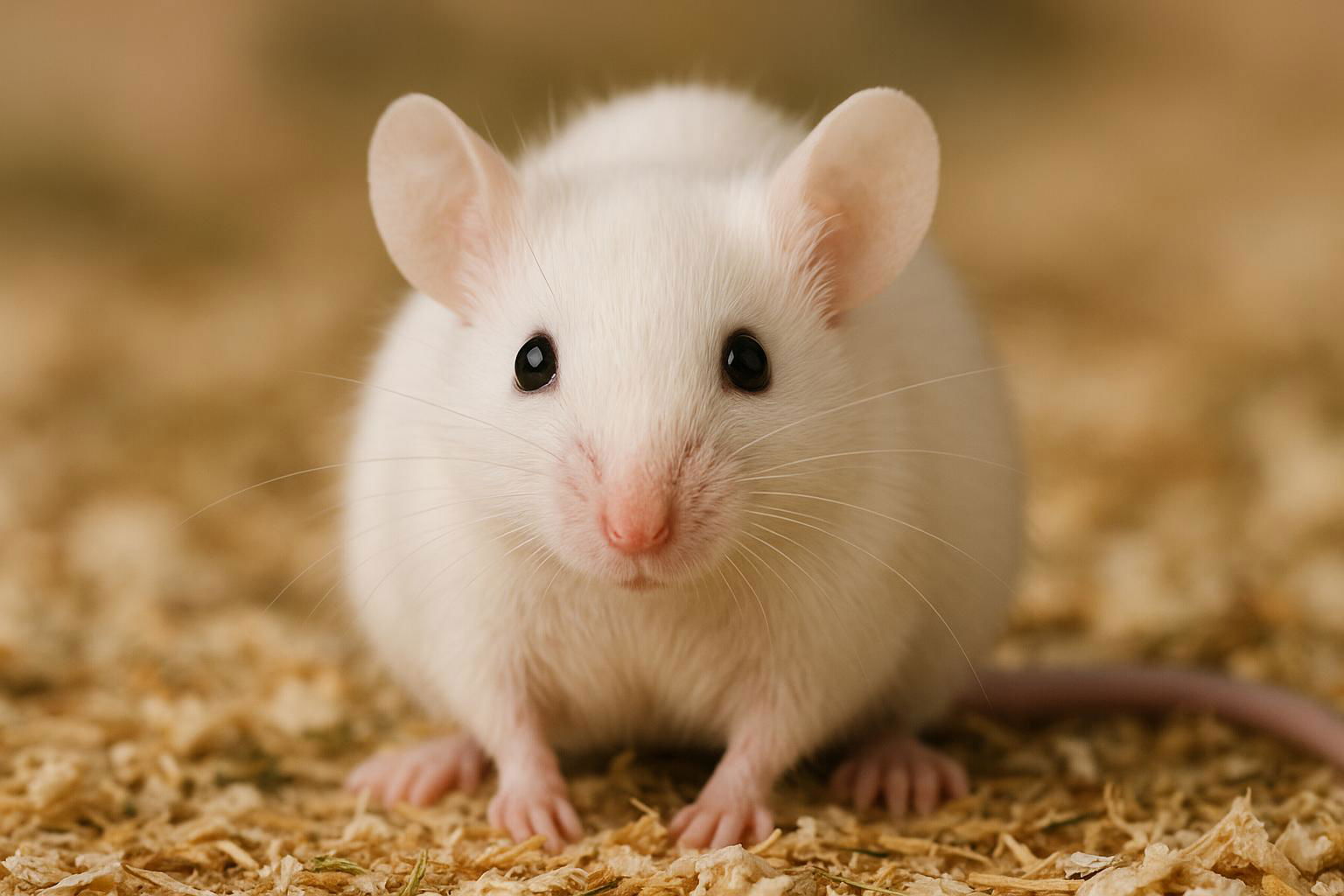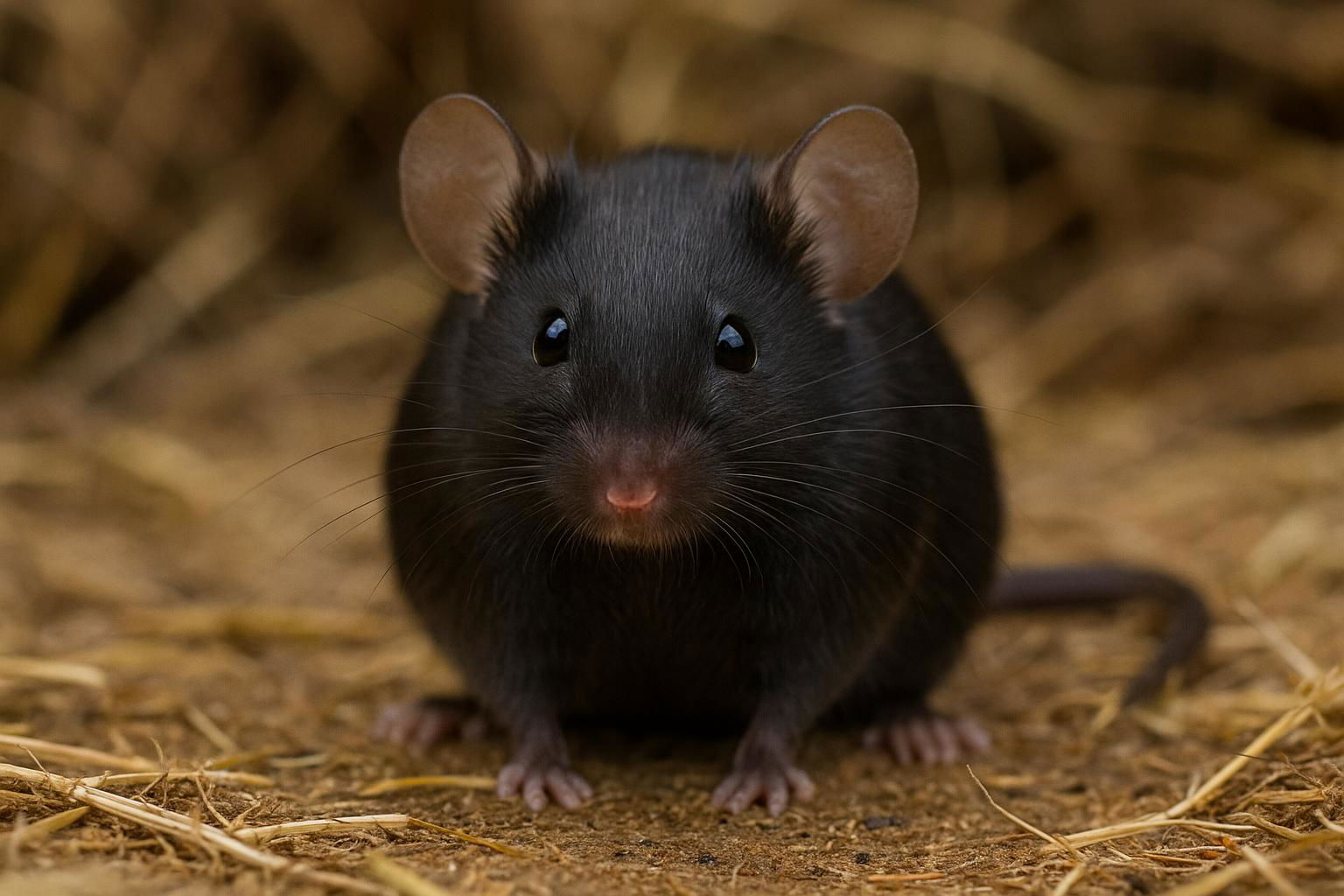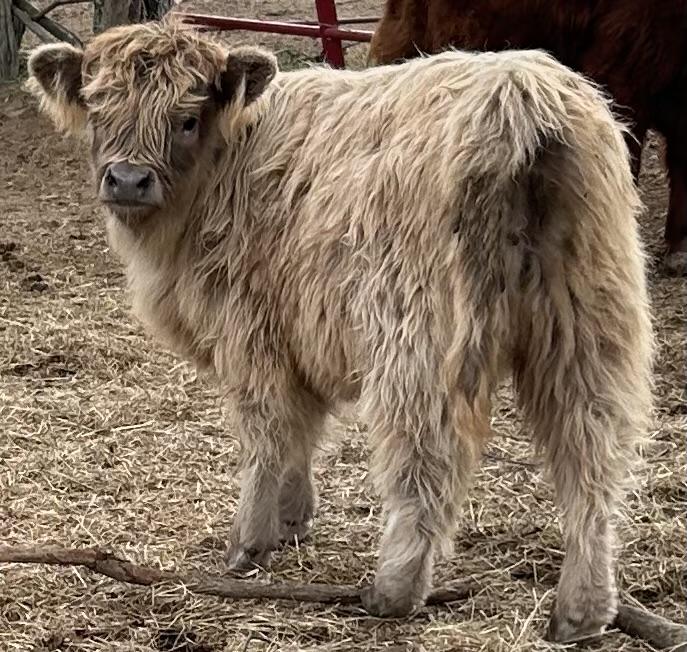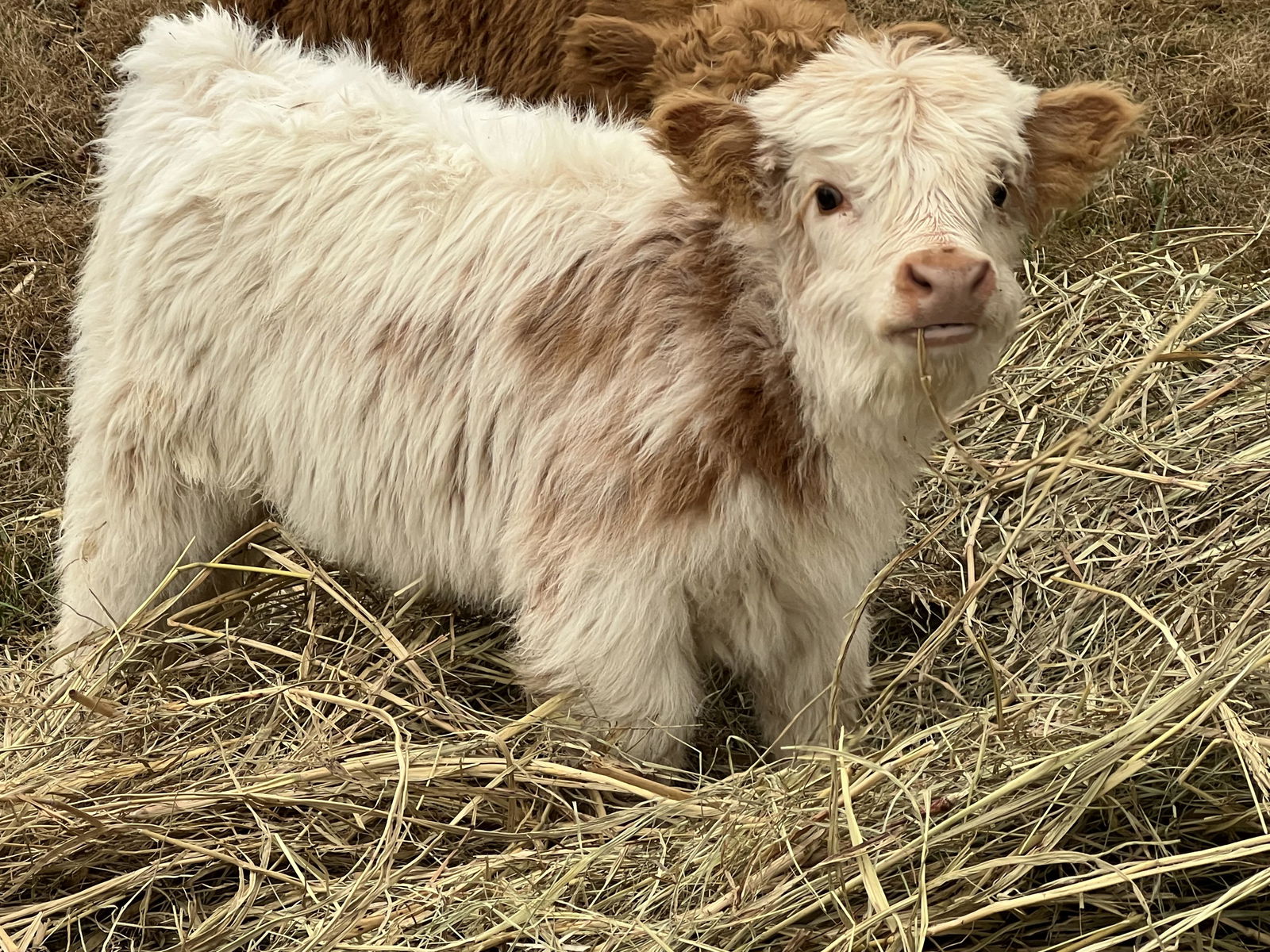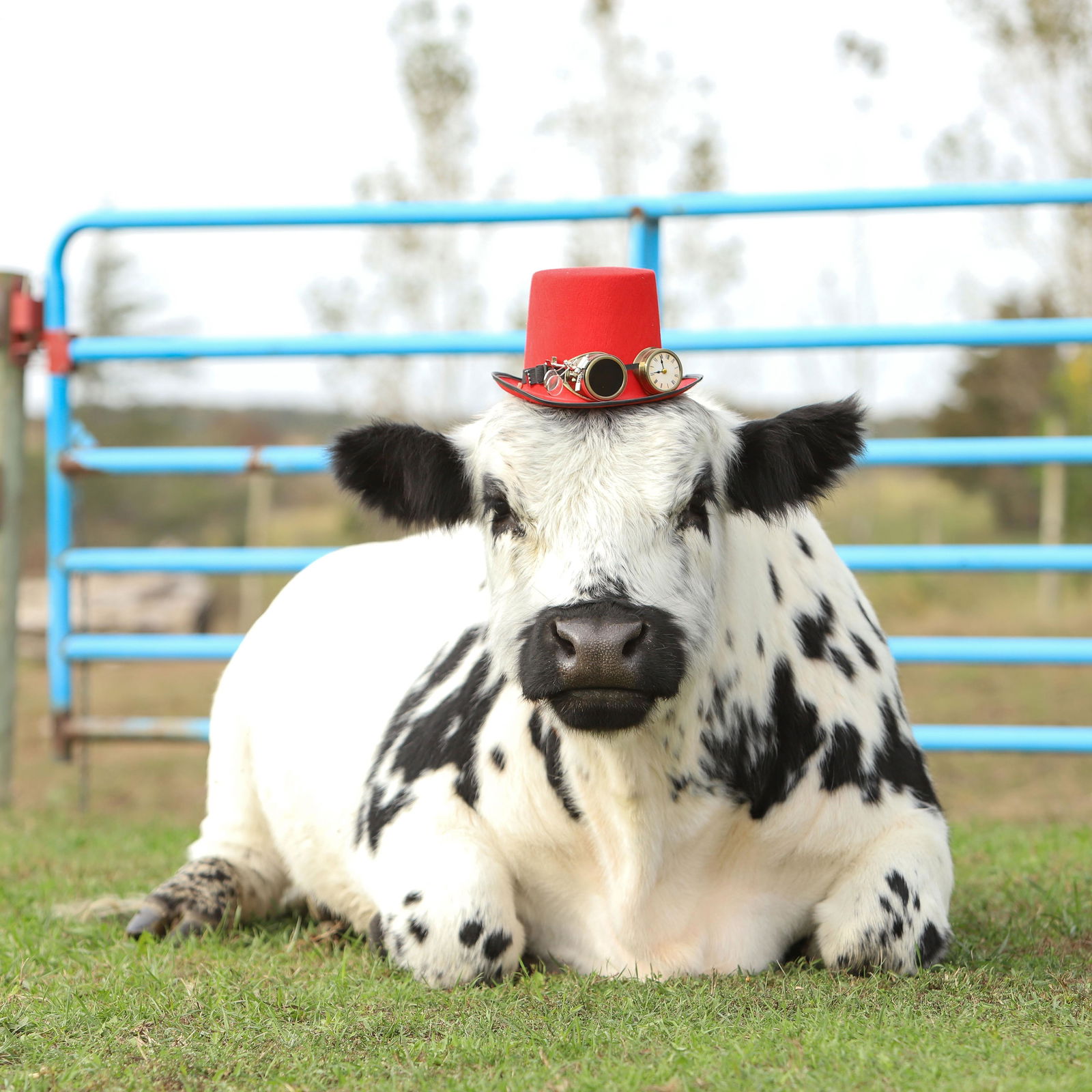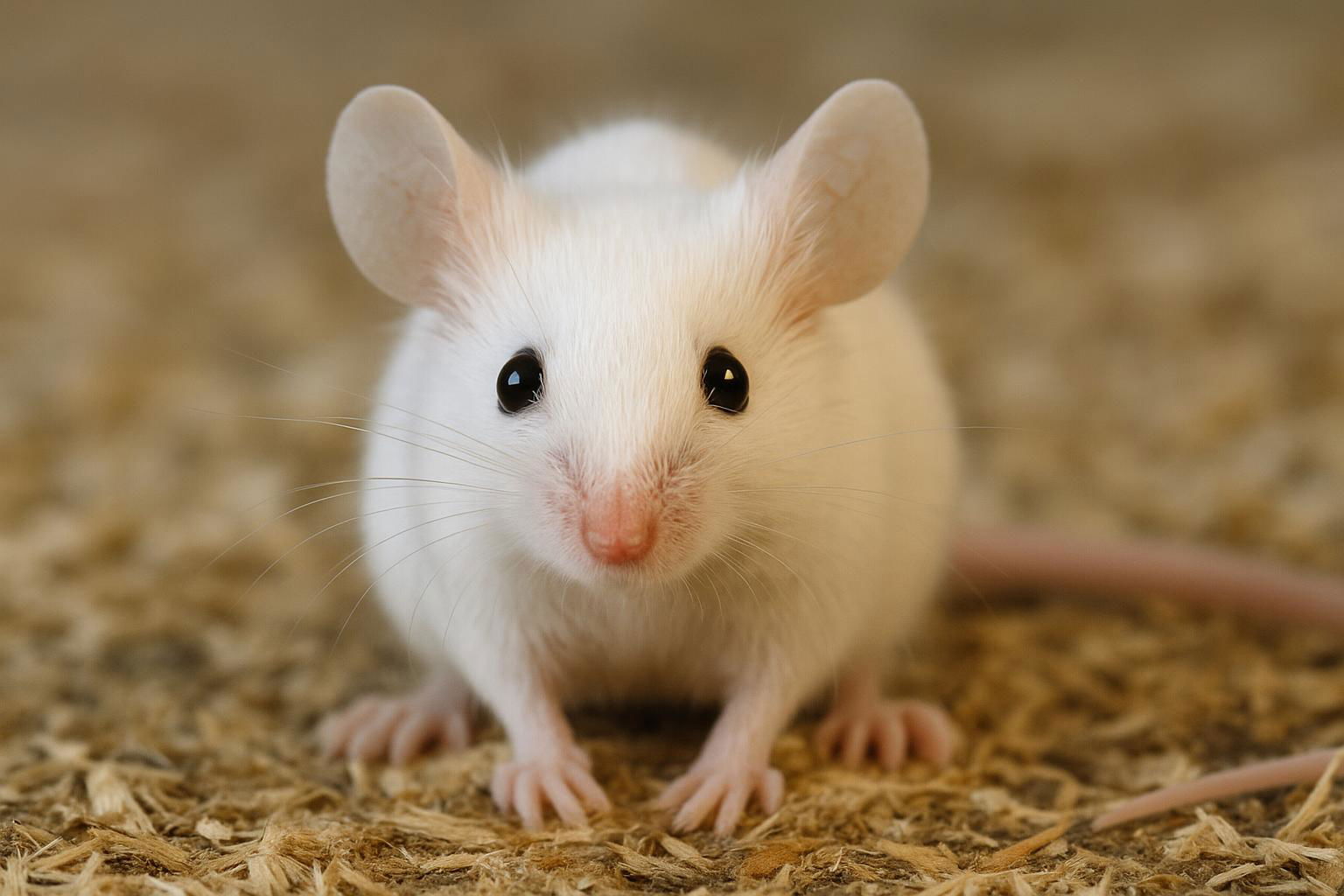
Laboratory Mouse
Mus musculus
The Laboratory Mouse (Mus musculus) is a small rodent renowned for its pivotal role in scientific research and laboratory studies. Native to the Indian subcontinent but now distributed worldwide due to human activity, this species has adapted remarkably well to various environments. Typically, an adult measures between 6 to 10 cm in body length, with an additional 5 to 10 cm tail, and weighs around 18 to 30 grams. Lab mice feature a variety of coat colors, although the classic white or albino variant is most prevalent in research settings. These rodents are characterized by their sharp incisors, round ears, and long, slightly scaly tails.
Laboratory mice are popular in research due to their genetic and physiological similarities to humans, their relatively short life cycle, and their ability to reproduce quickly, with large litters. They are essential in genetics, medicine, and psychology studies, playing a crucial role in understanding human diseases, testing pharmaceuticals, and exploring neurological functions. Social and intelligent, these creatures exhibit complex behaviors, including grooming, nesting, and communication through high-frequency sounds.
In terms of diet, laboratory mice are omnivorous, typically consuming grains, fruits, seeds, and protein sources such as insects. In captivity, they are provided with a balanced diet to ensure optimal health and longevity. Ethical considerations are paramount in their use, with strict regulations ensuring humane treatment in research settings. Their contribution to science is unparalleled, making them one of the most significant model organisms in biological research.

 All Species & Breeds
All Species & Breeds
 Highland Cattle
Highland Cattle
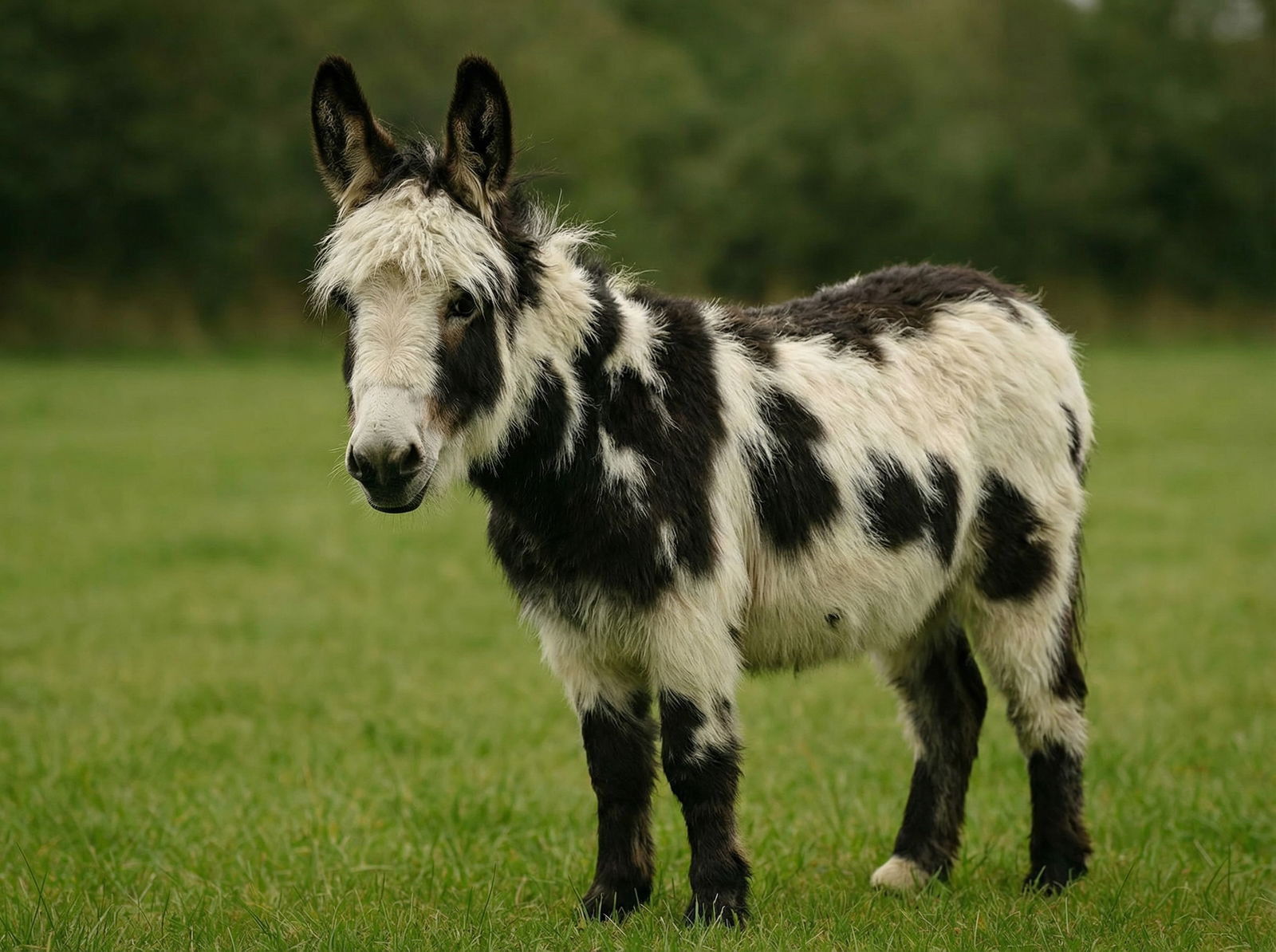 Miniature Donkeys
Miniature Donkeys
 All Species Directory
All Species Directory
 Highland Cattle in Virginia
Highland Cattle in Virginia
 Miniature Donkeys in Texas
Miniature Donkeys in Texas
